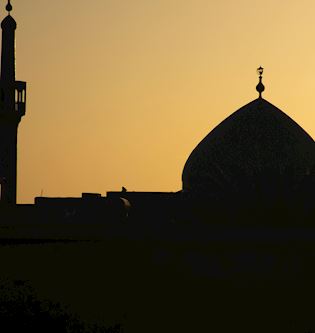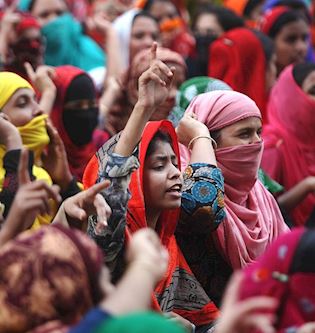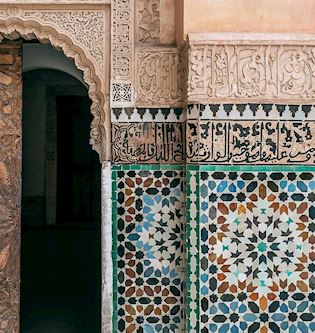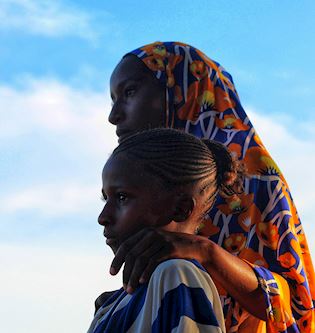White Days: A Monthly Invitation to Spiritual Renewal
Muharram has passed, but the opportunities for spiritual growth are not over. Our beautiful religion offers countless ways to stay connected to Allah (swt) throughout the year. One of the most consistent of these is fasting on the White Days.
By doing so, we are reminded that our relationship with Allah (swt) is not seasonal; it’s a lifelong journey.
What Are the White Days?
The White Days, known in Arabic as Ayyam al-Beed, take place on the 13th, 14th, and 15th of every Islamic month. They're named for the nights that accompany them: nights when the full moon rises. These days are marked by the Sunnah of fasting, practiced by the Prophet Muhammad (saw).
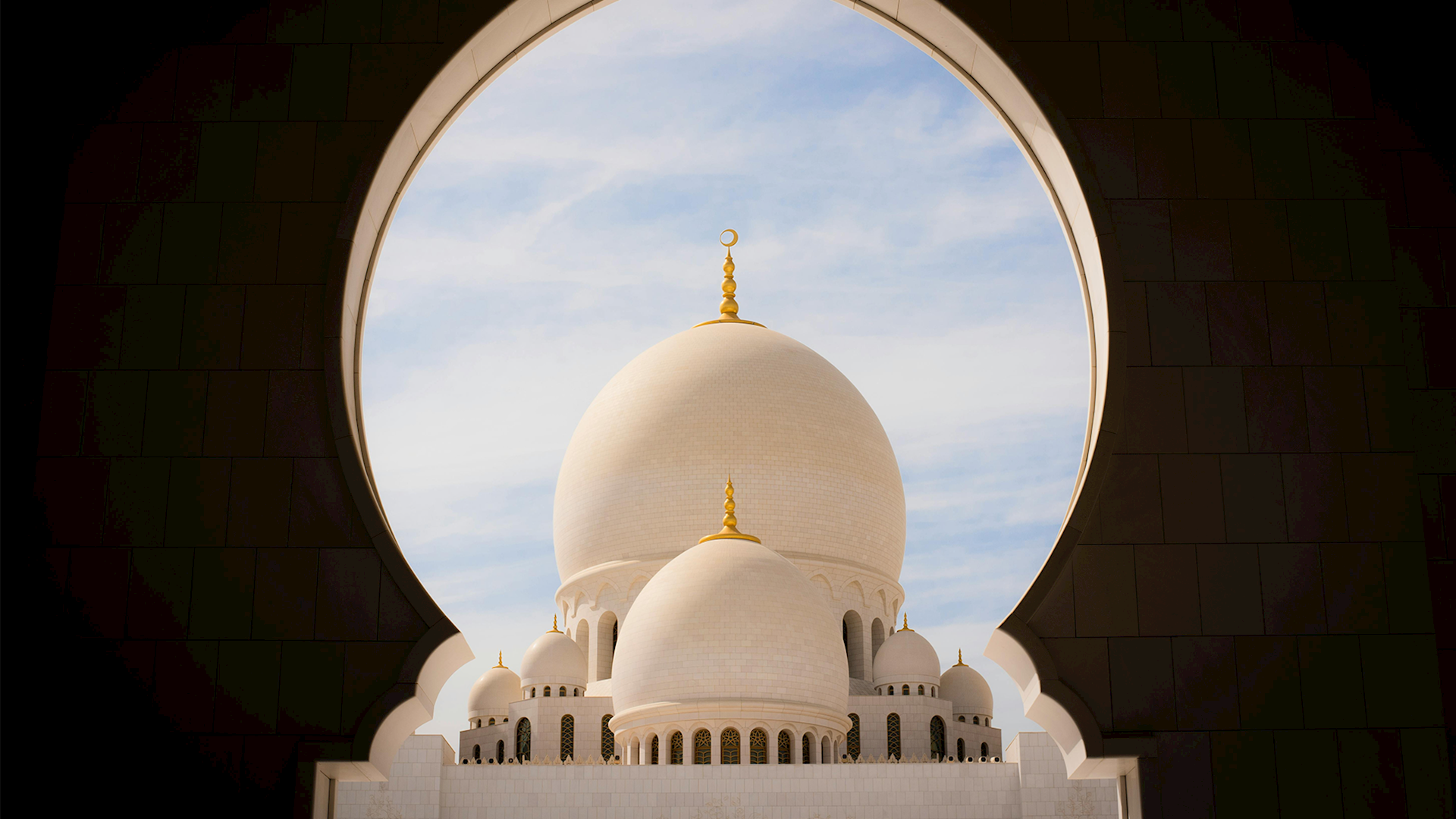
The Sunnah That Blesses All Year
The Prophet (swt) regularly fasted during the white days. He not only practiced it but also encouraged his companions to do the same.
“Fasting three days each month is like fasting for a lifetime.”
(Sahih Muslim)
According to the Prophet (saw), fasting just three days every month brings the reward equivalent to fasting year-round. For those seeking long-term reward through small, regular actions, this is one of the most powerful ways to seek it.
Why These Days Matter?
Fasting during the white days allows you to carry the spirit of Ramadan alive, keeping the soul focused, the heart soft, and the connection with Allah (swt) alive.
White days offer an opportunity to:
- Revives a neglected Sunnah
- Nurtures spiritual focus and self-control
- Provides barakah that flows through the rest of the month
- Trains the soul in consistency, something the Prophet (saw) emphasized.
Engage Even If You’re Not Fasting
You don't need to fast to benefit from the White Days. You can:
- Donate to causes that alleviate hunger
- Spend time in reflection, du’a, or acts of kindness
The White Days offer an opportunity to revive the Sunnah and stay spiritually engaged. May Allah (swt) accept our fasts and good deeds, Ameen.










